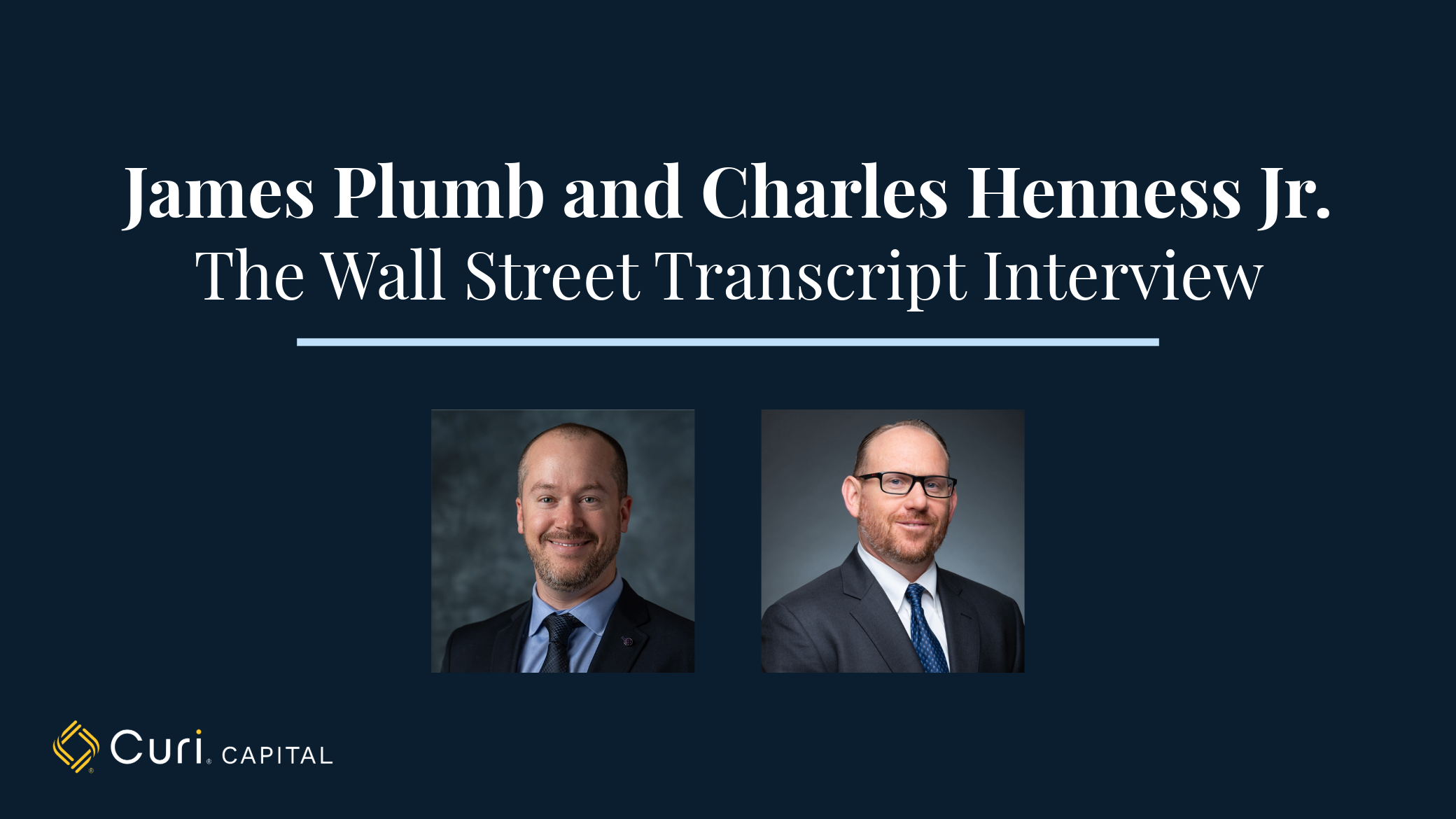When it comes to managing your finances, there are many options for safely storing money you might need in the short term. One option is a cash management account (CMA). These accounts are designed to keep your cash accessible while offering higher returns than traditional savings accounts. Plus, they often come with the added benefit of FDIC insurance, making them a reliable place to build an emergency fund.
What Is a Cash Management Account?
A cash management account is a type of account, usually offered by brokerage firms, where you can hold money with high-yield interest rates. Because these accounts typically offer FDIC insurance, your money is protected up to a certain limit. This makes them a smart option for emergency savings, helping you avoid dipping into those funds for non-emergencies.
Why Use a Cash Management Account for Your Emergency Fund?
Depending on your job stability, I typically recommend keeping 3 to 6 months’ worth of living expenses in an emergency fund. With potentially thousands of dollars involved, storing this money in a cash management account can be a better choice than a regular checking or savings account. Not only can it keep your emergency savings separate from your everyday spending, but it also lets you easily monitor your balance and growth. Holding an emergency fund separate from your regular checking or savings account can reduce the chances that you’ll use those funds for non-emergencies, meaning the money will be there if and when you truly need it.
Higher Interest Rates Without the Gimmicks
One big advantage of cash management accounts is that they often offer higher interest rates than traditional savings accounts. Unlike some high-yield savings accounts that lure you in with temporary promotional rates, CMAs tend to have rates tied to short-term interest rates, which are more consistent and dependable. Right now, with higher interest rates in the market, you can get some of the best returns on your cash in years. However, keep in mind that these rates will change as the Federal Reserve adjusts its rates.
Low Minimum Balances and Extra Perks
Unlike some high-yield savings accounts that require a large minimum balance (often in the thousands), cash management accounts usually have much lower requirements—sometimes as low as $100. Brokerage firms have made these accounts even more appealing by adding features like debit cards, check writing, and FDIC insurance, often with minimal fees. That said, terms can vary across firms, so it’s worth shopping around or talking to your financial advisor to find the best deal.
Ease of Use and Flexibility
Cash management accounts are also very user-friendly. You can easily move money between your regular bank account and your CMA with just a few clicks, and many accounts let you deposit checks through a mobile app. Unlike traditional banks, which may have longer hold times on check deposits and lower deposit limits, brokerage firms tend to offer quicker access to your funds and higher deposit limits.
Do Your Homework
Even with all the benefits, it’s important to research your options. Cash management accounts can vary widely in terms of interest rates and fees. If you already have investment accounts, holding your CMA at the same firm can simplify your finances, letting you manage everything in one place. If you’re unsure which option is best for you, consult with your financial advisor to help you find the right fit for your needs.
Disclaimers
The opinions and analyses expressed in this newsletter are based on Curi RMB Capital, LLC’s (“Curi RMB”) research and professional experience are expressed as of the date of our mailing of this newsletter. Certain information expressed represents an assessment at a specific point in time and is not intended to be a forecast or guarantee of future results, nor is it intended to speak to any future time periods. Curi RMB makes no warranty or representation, express or implied, nor does Curi RMB accept any liability, with respect to the information and data set forth herein, and Curi RMB specifically disclaims any duty to update any of the information and data contained in this newsletter. The information and data in this newsletter does not constitute legal, tax, accounting, investment or other professional advice. Returns are presented net of fees. An investment cannot be made directly in an index. The index data assumes reinvestment of all income and does not bear fees, taxes, or transaction costs. The investment strategy and types of securities held by the comparison index may be substantially different from the investment strategy and types of securities held by your account. RMB Asset Management is a division of Curi RMB Capital.
The content contained herein was generated by Curi RMB Capital with the assistance of an AI-based system to augment the effort.
Certified Financial Planner Board of Standards, Inc. owns the certification marks CFP®, CERTIFIED FINANCIAL PLANNER™ and federally registered CFP (with flame design) in the U.S., which it awards to individuals who successfully complete CFP Board’s initial and ongoing certification requirements.



